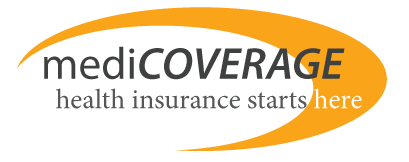Medicare Part D Insurance
Medicare Part D insurance is the newest addition to Medicare—it’s the prescription drug coverage that’s got everyone talking. What’s the big deal? Probably the fact that this coverage helps to protect Medicare-Eligible people against the very real financial risk of needing extremely expensive prescription drugs to maintain a healthy lifestyle.
Who is Eligible for Medicare Part D Insurance?
Everyone who is already enrolled in Medicare. Even if you need brand-name prescription drugs. Even if you have very expensive prescriptions for pre-existing conditions.
How Does this Medicare Prescription Drug Coverage Work?
You can enroll in Medicare part D insurance as soon as you become eligible for Medicare, which is 3 months before you turn 65, through 3 months afterward. If you miss this window to sign up, there are open enrollment periods during each calendar year that are updated by the Federal government each year, however you may pay a penalty.
Your decision about how to obtain prescription drug coverage depends on the kind of health care coverage you have now. There are 3 different ways to enroll in a prescription drug plan:
1) Join a stand-alone Medicare prescription drug plan
2) Join a Medicare Advantage Plan that includes prescription drug coverage
3) Join another Medicare health plan that offers drug coverage
Regardless of how you choose to enroll in prescription drug coverage, having Medicare drug coverage will help you by covering both generic and brand name prescription drugs at pharmacies right in your home town. Ready to get started with Medicare Part D? Click here for Medicare Part D Prescription Plans.
Just like any other insurance, when you enroll in a Medicare Part D plan, you can expect to pay a monthly premium, which varies by plan, and a yearly deductible. But even once you are covered and pay your premiums, your prescriptions are generally not free. You can expect to pay at least a part of the cost of your prescriptions, including a copayment or coinsurance. These costs will vary depending on which plan you choose, so pay attention when you shop for a plan. Some plans may offer more coverage and additional drugs for a higher monthly premium. If you have limited income and resources, and you qualify for extra help, you may not have to pay a premium or deductible, but qualifications for this assistance are very specific. For more information on how to qualify for assistance, visit the social security website.
What Now?
If you want personalized help in selecting a plan, contact a Medicoverage agent.

Comments and Questions
Click to leave a Comment